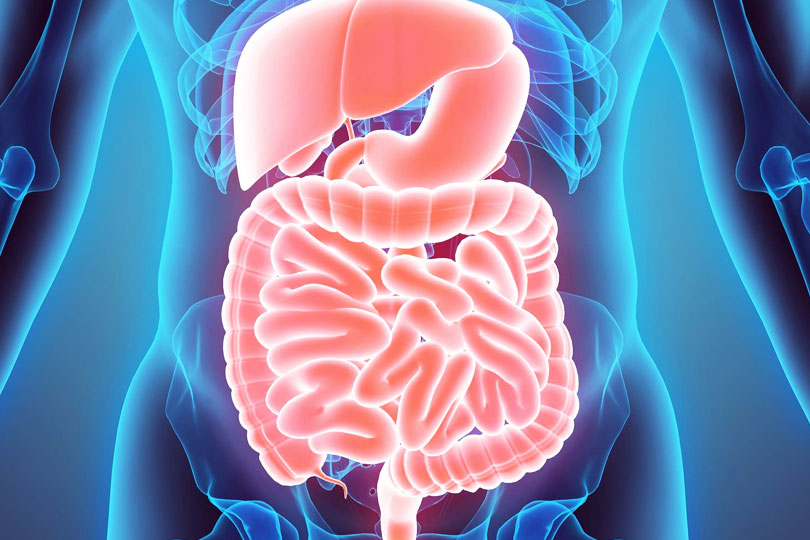A gastroenterologist is a medical specialist trained in diagnosing and treating disorders of the gastrointestinal (GI) tract, which includes the esophagus, stomach, small intestine, large intestine (colon), rectum, pancreas, gallbladder, bile ducts, and liver. Their expertise extends to both common digestive issues and complex conditions that affect these organs. This article provides an overview of the responsibilities, qualifications, and services offered by gastroenterologists.
Responsibilities of a Gastroenterologist
Gastroenterologists play a vital role in managing a wide range of gastrointestinal disorders, including:
1. Digestive Disorders : Diagnosis and treatment of conditions such as acid reflux (GERD), irritable bowel syndrome (IBS), gastritis, and peptic ulcers.
2. Inflammatory Bowel Diseases (IBD) : Management of Crohn’s disease and ulcerative colitis, chronic inflammatory conditions affecting the digestive tract.
3. Liver Diseases : Treatment of hepatitis, fatty liver disease, cirrhosis, and liver cancer.
4. Pancreatic Disorders : Management of pancreatitis, pancreatic cancer, and other pancreatic diseases.
5. Gallbladder and Biliary Tract Disorders : Diagnosis and treatment of gallstones, bile duct obstruction, and biliary tract diseases.
6. Screening for Colon Cancer : Performing colonoscopies and other screening tests to detect colon cancer and precancerous polyps.
Qualifications and Training
Becoming a gastroenterologist in Udaipur requires extensive education and specialized training:
- Medical School : Completion of a medical degree (MD or DO) from an accredited medical school.
- Residency : Training in internal medicine, typically lasting 3 years, to become proficient in diagnosing and managing a wide range of medical conditions.
- Fellowship : Completion of a gastroenterology fellowship program, which focuses on the diagnosis and treatment of digestive disorders. This fellowship lasts 2–3 years and provides hands-on experience in procedures such as endoscopy and colonoscopy.
- Board Certification : Gastroenterologists may seek certification from the American Board of Internal Medicine (ABIM) after completing residency and fellowship training. Maintaining certification requires ongoing education and passing periodic examinations.
Services Offered
Gastroenterologists offer a variety of diagnostic and therapeutic services to patients:
1. Endoscopic Procedures : Performing endoscopies (upper endoscopy, colonoscopy, sigmoidoscopy) to visualize and biopsy the digestive tract for diagnostic purposes or to treat certain conditions.
2. Medical Management : Prescribing medications to manage gastrointestinal disorders, including antibiotics, anti-inflammatories, and medications to control acid production.
3. Nutritional Counseling : Providing dietary advice to manage digestive conditions such as celiac disease, food intolerances, and obesity-related gastrointestinal issues.
4. Consultations and Follow-up Care : Evaluating patients, discussing test results, and developing personalized treatment plans based on individual health needs.
When to See a Gastroenterologist
It’s important to consult a gastroenterologist if you experience persistent or severe symptoms such as abdominal pain, changes in bowel habits, persistent heartburn or acid reflux, difficulty swallowing, unexplained weight loss, or blood in stool. These symptoms may indicate underlying gastrointestinal conditions that require medical attention and treatment.
In conclusion, gastroenterologists are highly specialized physicians dedicated to diagnosing, treating, and managing disorders of the digestive system. Their expertise, combined with advanced diagnostic tools and treatment options, helps patients achieve optimal digestive health and quality of life. Regular consultations with a gastroenterologist can play a crucial role in maintaining overall well-being and managing digestive health effectively.





Comments